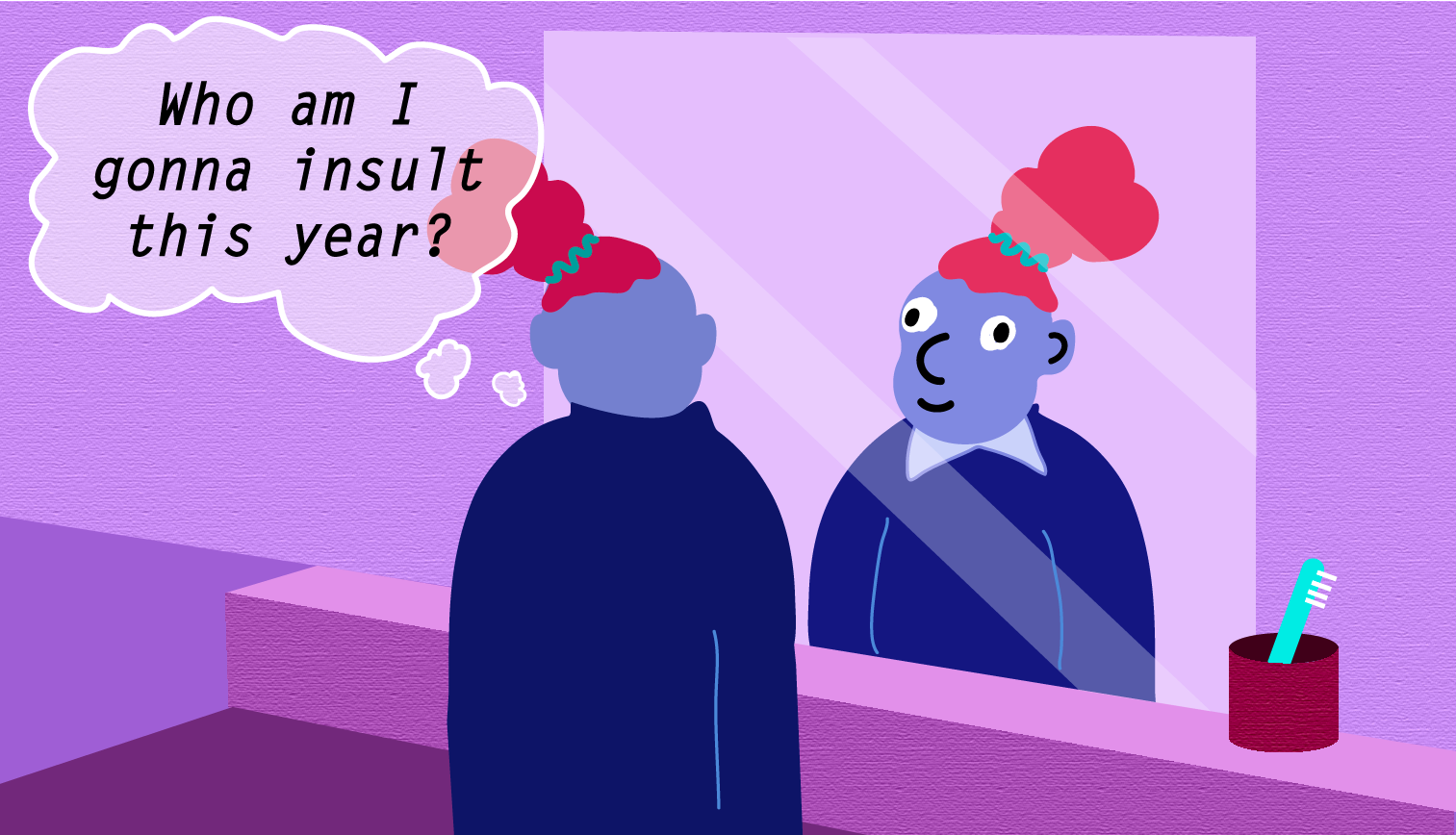Halloween: the time of year that’s filled with candy, ghost stories, horror movies and haunted houses. While all this makes it spooky season, the only really spooky thing about Halloween are some of the costume choices that people make.
In my almost four years of working in a party store that turned extra Halloween-y during the month of October, I have seen a lot of things happen and a lot of things change. When I started that job at 16 years old, to be quite honest, I was not as culturally aware of what was right or wrong, or what cultural appropriation was. Working that first Halloween, I witnessed a lot of people buy some relatively inappropriate costumes: sexy geisha, Pocahontas, “gypsy,” and more.
It was during a time when people didn’t really speak out about what was right or wrong in terms of what to dress up as for the holiday. I was young and naive and, while I knew it wasn’t necessarily right, I thought “it’s just a costume,” so I didn’t say anything to those customers. Over the next three years, that definitely changed — as much as it could, and I would try to convince customers to go with an inoffensive costume while also keeping my job.
Over the following Halloweens, I’m sure there have been more times than I can remember where customers bought costumes that are homophobic, islamaphobic, promoting or presenting domestic violence, cultural appropriation, or were just plain insulting, but there is one instance that I remember vividly.
A white couple came in last minute to find costumes for a friend’s Halloween house party. They wanted to find accessories so they could be Lil’ Wayne and Nicki Minaj. When I asked how they planned on not just looking like a woman with a neon wig and a guy with a grill and a white tank top, both said they would just apply a lot of bronzer to “look black.” I was older, I was wiser, having gone to cegep where I became much more woke about social issues and, at this point I’d been working there so long I could run the place. So I told them, straight up, not to do it and it was wrong.
After explaining to them why it was wrong, I was a little shocked that they might still go through with their plan of essentially portraying blackface, despite them looking like they were in their late 20s, early 30s. Even though I grew up and became more aware of all these horrible costumes, I realized that not everyone has.
I don’t work at the store anymore, but I’m sure the same costumes that have been coming out year after year are still there. While people may become more aware of what is and what isn’t appropriate to wear as a costume — hint, someone else’s culture is not acceptable — there is blame to place on the companies and manufacturers for what comes out in stores. If people don’t realize something is inappropriate about a costume being made available to them, that’s another problem. Sure, there might be lack of education and conversation about what makes a costume offensive, but that isn’t an excuse, because it can be as simple as just asking a few people for their opinion. That being said, people that still choose to wear offensive costumes when they know they’re offensive have no real reason other than they are insensitive or have no functioning moral compass.
On that note, if you’re reading this and you’re wondering if your Halloween costume is offensive, here’s a little checklist of what you shouldn’t wear: anything to do with Indigenous people; black or brown or whatever colour face; anything that pokes fun at or promotes domestic violence, sexual harassment or assault; anything that makes fun of people with disabilities.
If you’re really unsure, literally just think of whether or not your costume’s concept has been part of any ridicule, harassment, genocide, etc. at any point in time.
And if you’re still not sure, I don’t know if you’re ready to be anything other than a cat or Superman.
Graphic @sundaeghost




